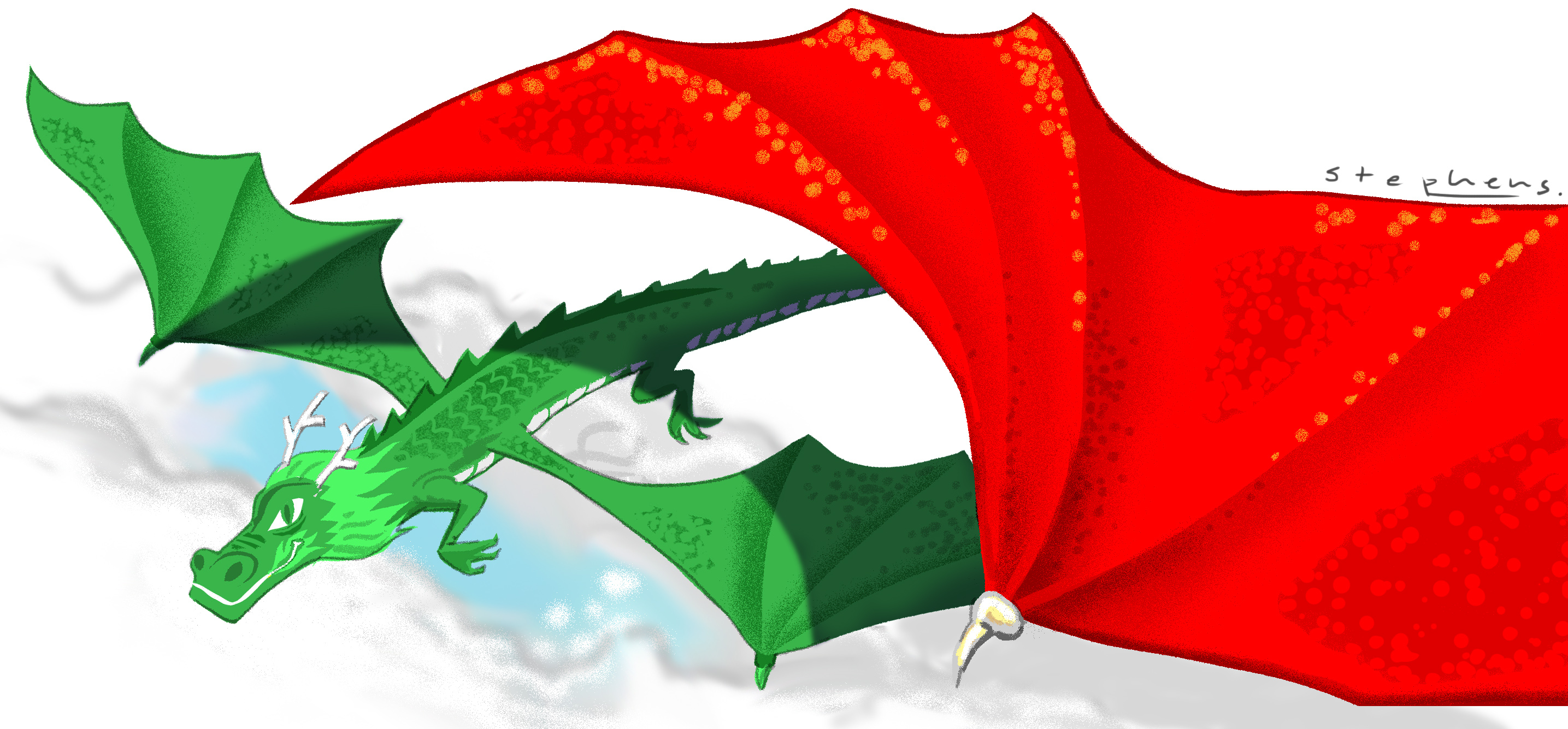TOM PLATE WRITES – The rude acidity of the Trump administration’s slap-down of the largely symbolic Paris Climate Accord has stung eyes and optimisms around the world. We move from having a U.S. president known for “leading from behind,” as the Obama hyper-caution was termed, to a successor who proposes to lead by “running from reality,” as the Trump approach looks to become infamously known.
But one country’s embarrassment can become another’s historic opportunity. When America shrinks, geopolitical space opens up. The first law of global life is that politics abhors a vacuum. Alert nations will always be around to rush in and fill vacated space. And so in Europe, France’s profile rises immeasurably under President Emmanuel Macron; in Asia, China’s rises under President Xi Jinping.
Both deserved their breaks. France, which wisely and courageously opposed the brain-dead U.S. invasion of Iraq, received in return a pummeling from the George W. Bush administration. For its independence of thinking and other virtues, it warrants respect, not scorn. China, which is so often the target of blanket ideological reportage from the U.S. media, is clearly gaining in international esteem. This is not only good for China but overall good for almost everyone. The less brutally Trumpian it is in style (and please may it come to understand this!) the greater its potential gain.
The new Beijing is not like the old Moscow. Its appetites seem fairly logically pipe-fitted to the voracious needs of its vast populace. It is investing in infrastructure like there is no tomorrow, not invading Eastern Europe or arrogantly holding up its system as some universal model to be worshipped. (For a long time America itself would have been better advised to go heavier on infrastructure renewal and lighter on tedious political evangelism).
At the same time, China faces problems that only the blind cannot see. As in America, where we worry about the health of our political system, in China there is a comparable worry – whether, as concocted, its current configuration is adaptive enough to meet today’s pressures and future challenges. The communist economic blueprint has been discredited, having produced more inequality, not less. And despite President’s Xi’s efforts to pump vitality into the Marxist idea, at China’s center is a vacuum in belief for which a voracious nationalism alone may not compensate.
Some observers now point to a corresponding upsurge in religiosity in China. In The New York Review of Books, one of America’s great journals, Harvard Professor Roderick MacFarquhar (the venerable historian and politician scientist who is anything but a panda-hugger) gives credence to surveys that claim China has 200 million Buddhists and Daoists, 50-60 million Protestants, 10 million Catholics, and 20-25 million Muslims. Add in various other forms of worship and maybe a third of mainland Chinese “admit to the need for a faith to sustain them,” as MacFarquhar phrases it.
Statistical guesses about China always require caution – trust them wholly at your peril. But it’s good to see evidence of what might be termed spiritual entrepreneurship, as the Chinese have pulled off such brilliant economic entrepreneurship. A wary Prof MacFarquar does cite a lot of government surveillance of these activities, and some harsh oversight; but what was most surprising in his essay (“China’s Astounding Religious Revival”, a sensational review of Ian Johnson’s new book ‘The Souls of China’) is the government’s evident considered decision to try to maintain control over religion without strangling it.
Which subtlety brings to mind the touchy subject of Hong Kong. In similar spirit, Beijing must show that it understands that it has in its tender hands not just another packed Chinese city (with all due respect to Shanghai or Wuhan, etc.), but indeed a special astonishment. No one can deny this, and we were reminded anew by the International Institute for Management Development (IMD), which rates Hong Kong as “the world’s most competitive economy.” Stop for a minute and admire: number one over 63 economies, including worthy competitors such as Singapore and Switzerland.
When Hong was handed over in 1997, Beijing seemed remarkably clear-minded and even at peace with the notion that it was crucial not to kill the goose laying the golden eggs by steadfastly adhering to one-country, two systems. Having originated in the Deng Xiaoping era, very possibly from the master himself, this mature political metaphor had almost a divinely inspired feel – a holy commandment from above. Alas, recent reports have it that Beijing wishes to tighten this or that in Hong Kong, reduce its public space, stomp on more silly protesting kids with prison and generally loom more heavily over the territory … all this is jarring.
Beijing should stop obsessing about sovereignty and Hong Kong. Whatever the occasional blowhard member of the U.K. Parliament or U.S. Congress might blunder up, just ignore them: the issue was settled decades ago. And as Hong Kong is not remotely broken, Beijing, there is no need to fix it; in fact, the more you let this widely watched and admired place do its own special thing, the more your leadership on vital issues such as climate change will carry weight and credibility internationally. Leave well enough alone: the last thing Beijing should want to be known for practicing is its own brand of rude Trumpism. It gets you nowhere.
Loyola Marymount Professor Tom Plate, founder of Asia Media International, has a new book out next month: ‘Yo-Yo Diplomacy: An American Columnist Tackles the Ups-and-Down Between China and the U.S.’ An earlier version of this article appeared in the South China Morning Post, where the author is a regularly appearing columnist.

